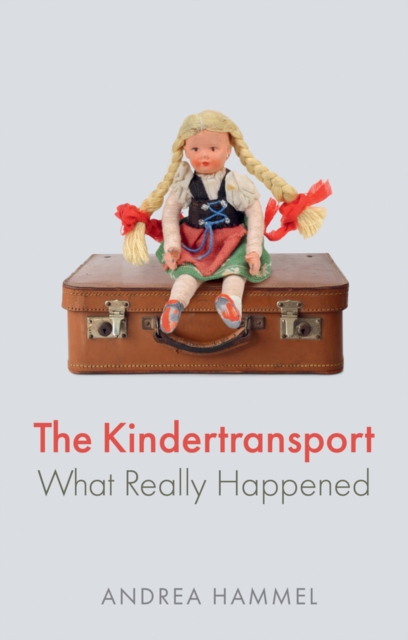

Newham Bookshop events at The Wanstead Tap

Conway Hall events
Click to see the featured books from the events







In 1938 and 1939, some 10,000 children and young people fled to the UK to escape Nazi persecution. Known as the ‘Kindertransport’, this effort has long been hailed as a wartime success story – but there are uncomfortable truths at its heart. The Kindertransport was a complex visa waiver scheme, and its organizers did not necessarily act with altruism.
The British government required a guarantee to indemnify itself against any expenses, and refused to admit the child refugees’ parents. The selection criteria prioritized those who were likely to make the best contribution to society, rather than the most urgent cases. And some children and young people were placed in unsuitable homes, where many arrangements irrevocably broke down.
Written with striking empathy and insight, Andrea Hammel’s expert analysis casts new light on what really happened during the Kindertransport. Revelatory and impassioned, this book will be essential reading for anyone interested in the history of migration and refugees, and offers thought-provoking lessons for how we might make life easier for children fleeing conflict today.